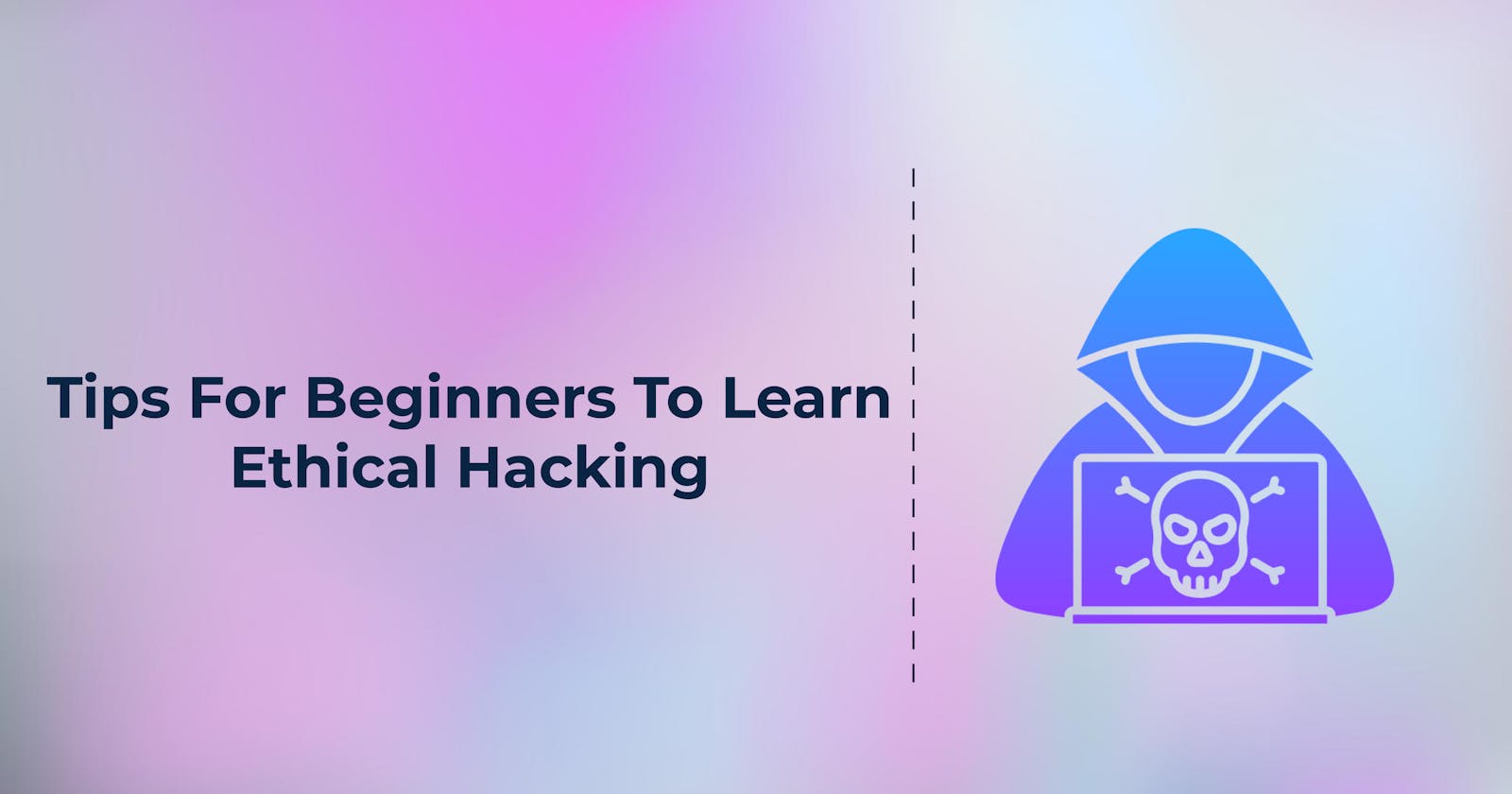Table of contents
No headings in the article.
Learn Programming Languages
Before you can start hacking, you need to understand programming languages. You don't need to be a coding expert, but you should have a basic understanding of languages such as Python, Java, C++, and HTML. You can learn programming languages through online resources like Codecademy, Coursera, Udemy, and edX.
Learn Networking Basics
Networking is an essential aspect of hacking. You need to learn about TCP/IP protocols, IP addresses, network ports, firewalls, and network topologies. Understanding the basics of networking will help you understand how to exploit vulnerabilities in a network. Online resources like Cisco Networking Academy and CompTIA can help you learn the basics of networking.
Learn Operating Systems
To become a hacker, you need to have a good understanding of different operating systems like Windows, Linux, and macOS. You should know how to install and configure operating systems, how to use the command line, and how to troubleshoot common issues. You can learn about operating systems through online resources like Linux Academy and Microsoft Virtual Academy.
Understand Security Terminologies
To become an ethical hacker, you need to understand the basic terminologies used in the field of cybersecurity. You should understand terms like malware, phishing, social engineering, encryption, and decryption. You can learn about cybersecurity terminologies through online resources like Cybersecurity Ventures, ISACA, and Security+.
Learn Hacking Tools
To become a good hacker, you need to learn about hacking tools like Nmap, Wireshark, Metasploit, and John the Ripper. These tools can help you scan for vulnerabilities, capture network traffic, and test passwords. You can learn about hacking tools through online resources like Kali Linux Tutorials, HackTheBox, and TryHackMe.
Read Books and Blogs
Reading books and blogs on ethical hacking can help you gain more knowledge about the subject. Some popular books on ethical hacking include "The Web Application Hacker's Handbook" by Dafydd Stuttard and Marcus Pinto, "The Hacker Playbook 3" by Peter Kim, and "Black Hat Python" by Justin Seitz. Some popular blogs on ethical hacking include KrebsOnSecurity, Dark Reading, and HackRead.
Join Online Communities
Joining online communities and forums that are focused on ethical hacking can help you connect with like-minded individuals, share knowledge, and find resources. Some popular online communities include Reddit's r/HowToHack, HackerOne Community, and Cybrary Community.
Practice Ethical Hacking
The best way to learn ethical hacking is to practice it. You can set up a virtual lab environment to test your skills and practice on vulnerable machines. Some popular virtual lab environments include VirtualBox, VMware, and Docker. You can find vulnerable machines to practice on through online resources like VulnHub and HackTheBox.
Attend Conferences and Training Sessions
Attending conferences and training sessions related to ethical hacking can help you connect with industry experts, learn new techniques, and stay updated with the latest trends. Some popular conferences include DEF CON, Black Hat, and RSA Conference. Some popular training sessions include SANS Institute, Offensive Security, and InfoSec Institute.
Stay Ethical
Always remember that ethical hacking is about finding vulnerabilities and securing systems, not causing harm. Make sure you follow ethical guidelines and laws while practicing ethical hacking. Don't use your skills to harm others, and always get permission before hacking into a system

